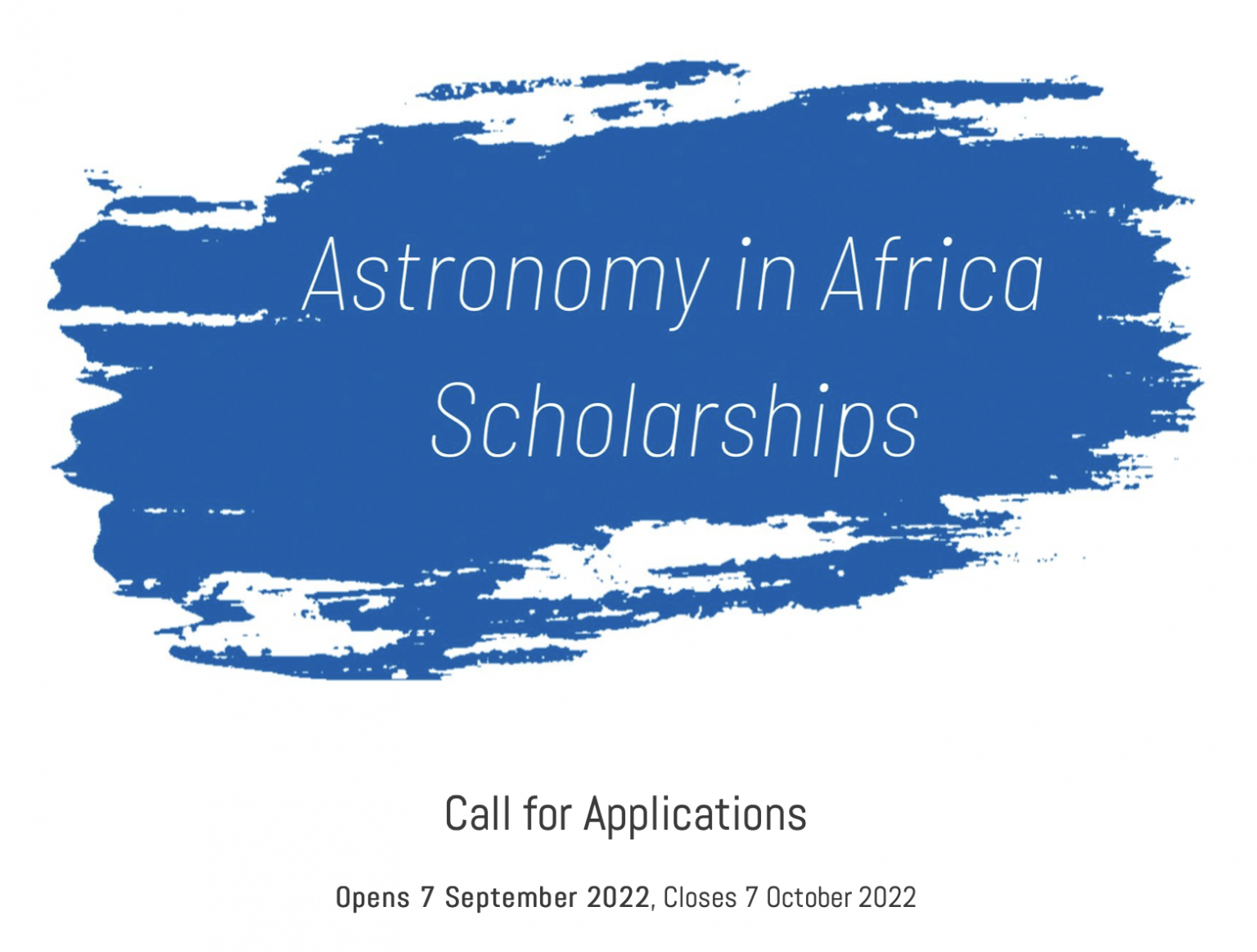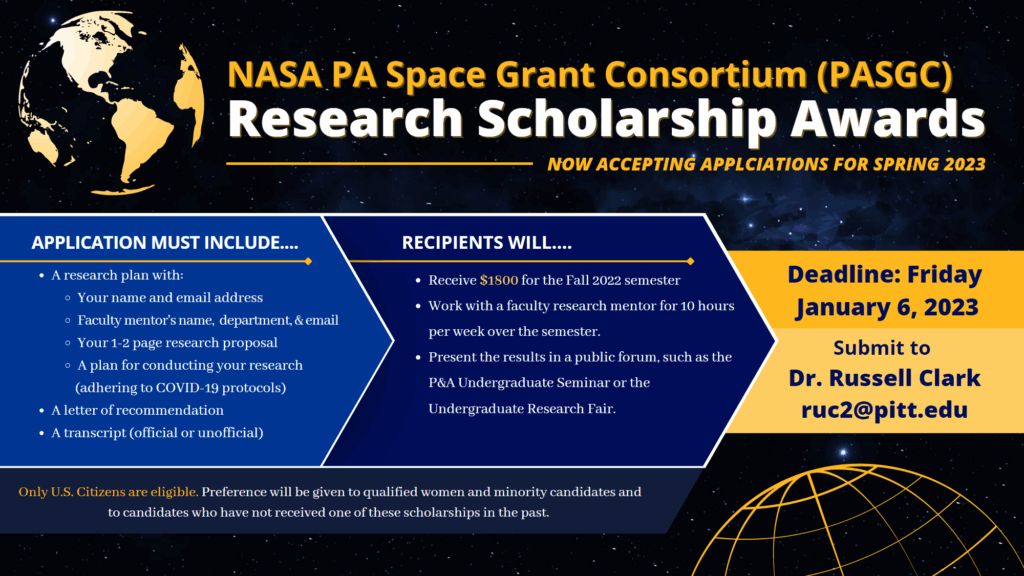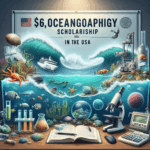That’s where I was. A kid with stars in my eyes, literally, but with a wallet that felt as empty as space itself. I wanted to study astronomy, to understand black holes and distant galaxies, to join the folks trying to figure out the universe’s biggest questions. But the thought of tuition fees, living costs, and all the other expenses that come with higher education felt like a black hole sucking away my hopes.
Then, someone – I can’t even remember who now, maybe an old teacher or a kind librarian – mentioned "astronomy scholarships." It sounded too good to be true, like finding a hidden planet just when you thought you’d mapped everything. But I was desperate, so I started looking. And let me tell you, what I found wasn’t a hidden planet, but a whole constellation of opportunities.
My First Glimmer of Hope: Realizing Scholarships Are Everywhere
When I first started, I pictured some super-exclusive club, only for prodigies who built their own rockets in kindergarten. But that’s not it at all. Scholarships are just financial awards given to students to help them pay for their education. They don’t have to be paid back, which is the absolute best part. And they come from all sorts of places: universities, government agencies, private foundations, even individuals who just love science and want to help the next generation.
My first big lesson was: don’t assume you won’t qualify. Don’t self-reject before you even look. My biggest mistake early on was thinking, "Oh, my grades aren’t perfect," or "I haven’t discovered a new star yet." Turns out, many scholarships look for much more than just perfect scores. They look for passion, for curiosity, for a good story, for someone who truly wants to make a difference in the field. And that’s where I felt I had a chance.
The Great Scholarship Hunt: Where I Started Digging
Finding these hidden gems, these astronomy scholarships, felt a bit like a treasure hunt. You need a map, or at least a good starting point. Here’s where I began my search, and where you should too:
1. University-Specific Scholarships: Your First Stop
This is often the easiest place to start. When I was applying to universities, I also looked at what each school offered directly. Many astronomy departments have their own pots of money for students. Sometimes it’s for incoming freshmen, sometimes for students already in the program.
- How I found them: I went straight to the "Financial Aid" or "Scholarships" section of each university’s website I was interested in. Then, I dug deeper into the "Department of Astronomy" or "Physics and Astronomy" pages. They often list specific awards there.
- What to look for: Look for terms like "Astronomy Department Scholarship," "Physics and Astronomy Merit Award," "Graduate Research Assistantship" (if you’re going for a master’s or PhD). Some are automatic if you meet certain criteria, others require a separate application.
2. Professional Organizations: Beyond the Campus Gates
This was a big one for me. There are groups dedicated to astronomy and space science, and many of them have programs to support students. These are often competitive, but they can be very generous.
- The American Astronomical Society (AAS): This is a huge professional group for astronomers in North America. They have various programs, including some for undergraduates and graduates. They often have specific grants for research projects or travel to conferences, which can indirectly help with costs by funding parts of your academic experience. While they might not have a huge list of "direct tuition scholarships" for beginners, getting involved with them and looking at their small grants can open doors.
- The Planetary Society: If you’re into planets, moons, and the search for alien life, this group is fantastic. They have different initiatives, and sometimes offer grants or fellowships that could help.
- Local Astronomical Societies: Don’t overlook these! Many cities or regions have local astronomy clubs. Some of these smaller groups have modest scholarships for local students pursuing astronomy or related fields. It’s worth a Google search for "[Your City/Region] Astronomy Club Scholarship."
3. Government Agencies and Big Science Initiatives: Reaching for the Stars (with help!)
This category holds some of the most exciting, and often most substantial, opportunities.
- NASA (National Aeronautics and Space Administration): Yes, that NASA! They have various programs aimed at fostering the next generation of space scientists and engineers. While many are for graduate students or specific research projects, they also have programs for undergraduates.
- NASA Space Grant Consortium: This is a big network. Each state has its own Space Grant Consortium, which offers scholarships, internships, and fellowships to students interested in STEM fields, including astronomy and aerospace. This was a game-changer for many of my friends. You apply through your state’s consortium.
- NASA Internships: While not direct scholarships for tuition, a paid NASA internship can provide valuable income, incredible experience, and make you a much stronger candidate for future scholarships and jobs.
- National Science Foundation (NSF): Another major government agency in the US that funds scientific research and education. They have programs that support graduate students in astronomy and related fields, often through fellowships that cover tuition and provide a stipend.
4. Private Foundations and Corporate Sponsorships: The Unsung Heroes
Many companies and private foundations have a passion for science education. Sometimes these are focused on specific demographics (e.g., women in STEM, minority students) or specific areas of research.
- Look for foundations: A simple Google search for "astronomy scholarships foundations" can bring up a lot. You might find smaller, niche foundations that perfectly match your background or interests.
- Corporate giving: Some tech companies or aerospace companies offer scholarships to encourage students to enter STEM fields. Keep an eye on their career or "about us" pages.
My Application Strategy: More Than Just Filling Out Forms
Finding the scholarships was one thing; actually getting one was another. I learned pretty quickly that it’s a marathon, not a sprint, and you need a strategy.
1. Do Your Homework (Research, Research, Research!)
This is the most important step. Don’t just skim. Read the requirements carefully. Every scholarship is different. Some want a specific GPA, some want a certain major, some are for students from a particular region, or even for students with a unique hobby! I kept a spreadsheet of all the scholarships I found: deadline, requirements, what they needed from me, and a link to the application. This helped me stay organized.
2. Craft a Stellar Essay (Tell Your Story)
This is your chance to shine. Almost every scholarship asks for an essay or personal statement. This is where you connect your passion for astronomy with your goals and why you deserve their support.
- Be authentic: Don’t try to sound like someone else. Tell your story. Why do you love astronomy? What was your "aha!" moment under the stars?
- Show, don’t just tell: Instead of saying "I’m passionate about astronomy," describe a time you stayed up all night observing, or a book that changed your perspective, or a project you worked on.
- Connect the dots: How will this scholarship help you achieve your astronomy goals? How will you contribute to the field?
- Proofread everything: Seriously. A sloppy essay tells them you don’t care enough. Ask friends, family, or a teacher to read it over.
3. Get Strong Letters of Recommendation
Most scholarships will ask for letters from teachers, professors, or mentors. Choose people who know you well and can speak to your academic abilities, your passion, and your character.
- Ask early: Don’t wait until the last minute. Give your recommenders plenty of time.
- Provide information: Give them your resume, the scholarship requirements, your personal statement, and a clear idea of what you’re applying for. Make it easy for them to write a great letter about you.
4. Mind the Deadlines (No Excuses!)
Deadlines are absolute. Missing one means you’re out. Double-check every date and submit your application well in advance. Technical glitches happen, and you don’t want that to be the reason you miss out.
5. Apply Broadly (Don’t Put All Your Nebulae in One Basket)
I applied for many scholarships, even ones that seemed like a long shot. The more you apply for, the better your chances. It’s a numbers game to some extent. Don’t get discouraged by rejections; see them as practice for the next application.
What Scholarship Committees Are Really Looking For (Beyond Your Grades)
While good grades certainly help, they’re not the only thing that matters. I learned that committees are looking for a complete picture of who you are and what you could become.
- Genuine Passion and Curiosity: Can you articulate why you want to study astronomy? What questions keep you up at night? They want to see that spark.
- Demonstrated Interest: Have you joined an astronomy club? Gone to star parties? Read popular science books about space? Attended lectures? Even small things show you’re serious.
- Leadership and Teamwork Skills: Are you involved in other activities? Can you work with others? Astronomy is a collaborative field, so these skills are important.
- Perseverance: Have you faced challenges and overcome them? Life isn’t always easy, and showing resilience is a strong indicator of future success.
- Communication Skills: Can you explain complex ideas clearly, both in writing (your essay) and potentially in an interview?
- A Unique Perspective: What do you bring to the table that’s different? Your background, your experiences, your specific interests – these can make you stand out.
My "Aha!" Moment: The First Acceptance Letter
I remember the day it happened. I’d applied for what felt like a hundred scholarships. The rejections had started to pile up, and I was beginning to feel that old doubt creep back in. Then, an email notification. It wasn’t from a huge national organization, but from a smaller foundation connected to a regional observatory.
The subject line simply read: "Scholarship Award Notification." My heart pounded. I opened it, my hands shaking a little. And there it was. A letter congratulating me, telling me I had been selected for their "Future Stargazers Astronomy Scholarship." It wasn’t enough to cover everything, but it was a substantial amount. It was real.
That moment was pure relief and pure joy. It wasn’t just the money; it was the validation. Someone believed in my dream enough to invest in it. It gave me the confidence to keep going, to keep applying for other funds, and to know that my path wasn’t impossible.
My Advice to You, Fellow Star-Gazer
If you’re reading this, feeling that same pull towards the universe but worried about the cost, please, please don’t give up. Astronomy scholarships are out there, waiting for passionate individuals like you.
- Start Early: The earlier you begin your search and application process, the better. Scholarship deadlines often fall months before the academic year starts.
- Be Organized: Keep track of everything. A simple spreadsheet can be your best friend.
- Tailor Your Applications: Don’t use a generic essay for every scholarship. Customize each one to fit the specific scholarship’s criteria and mission.
- Network: Talk to your professors, academic advisors, and people already in the field. They might know about obscure scholarships or opportunities you wouldn’t find online.
- Don’t Be Afraid to Ask for Help: Get feedback on your essays. Ask for recommendations. Reach out to financial aid offices. People are often willing to help if you just ask.
- Persistence Pays Off: You’ll face rejections. Everyone does. Don’t let them deter you. Learn from each one, refine your approach, and keep applying.
The universe is vast, full of wonders, and it’s waiting for new minds to explore its depths. Don’t let financial worries dim your light. Go out there, find those astronomy scholarships, and make your cosmic dreams a reality. The stars are calling, and with a little help, you can answer. Good luck, future astronomer!



